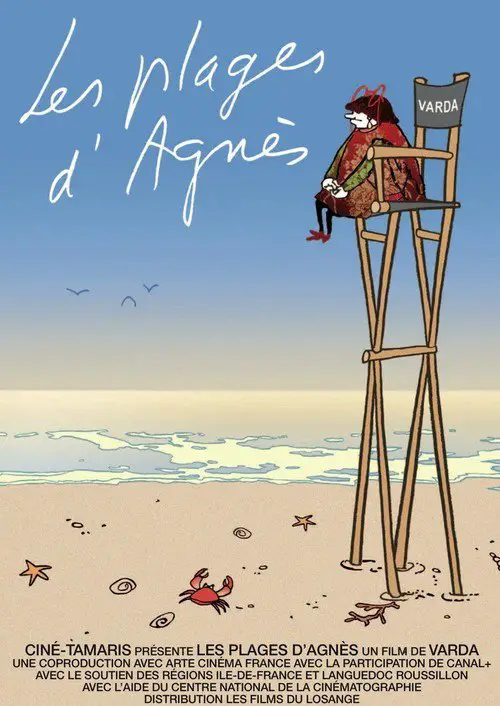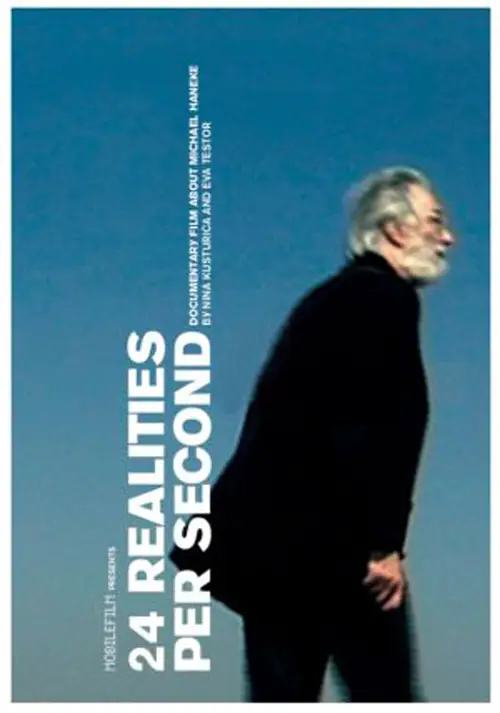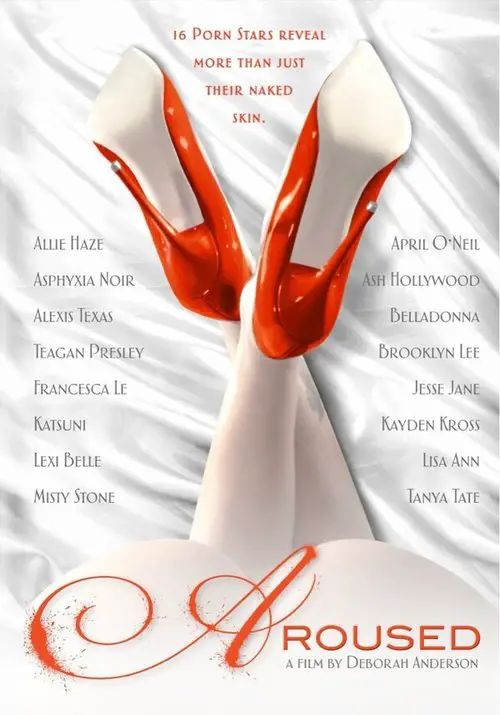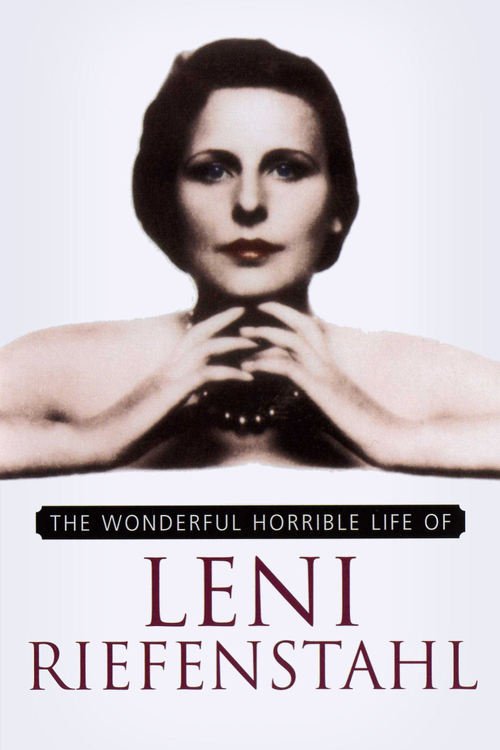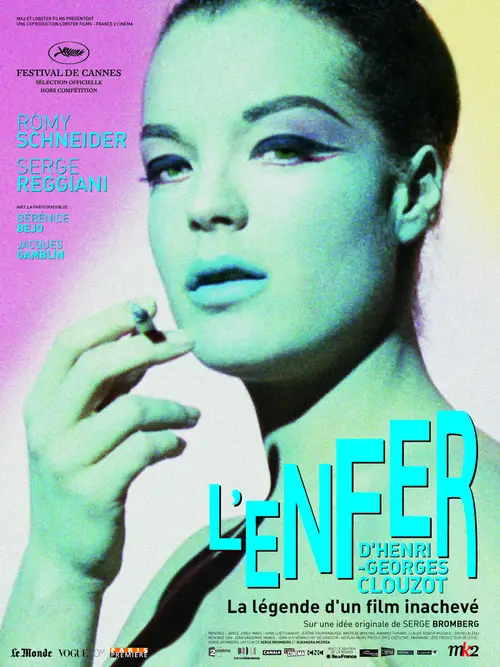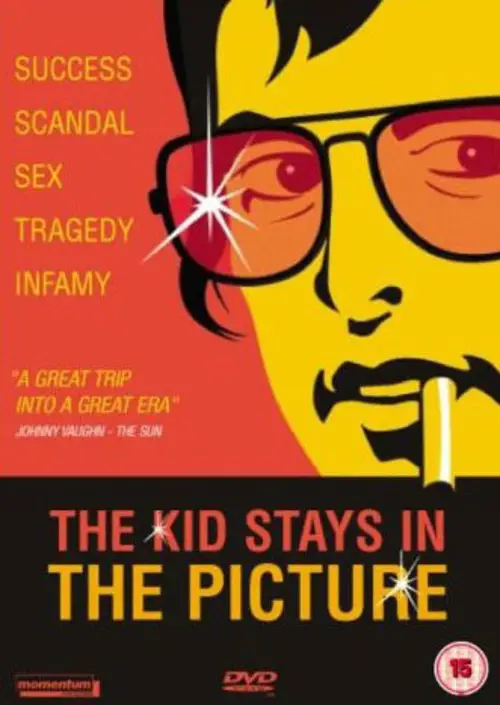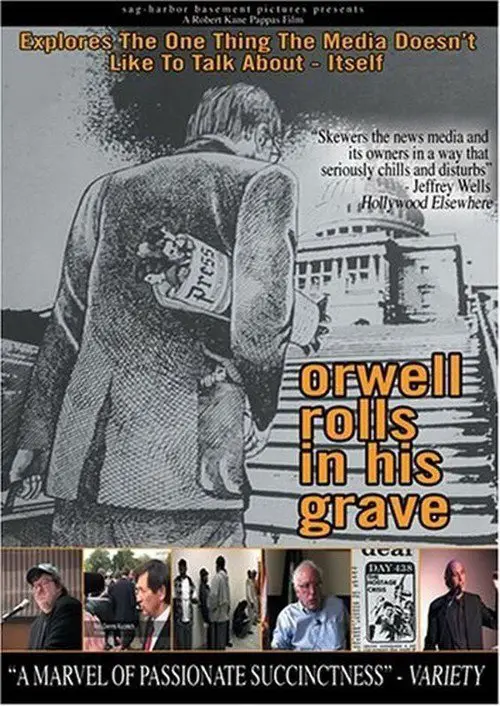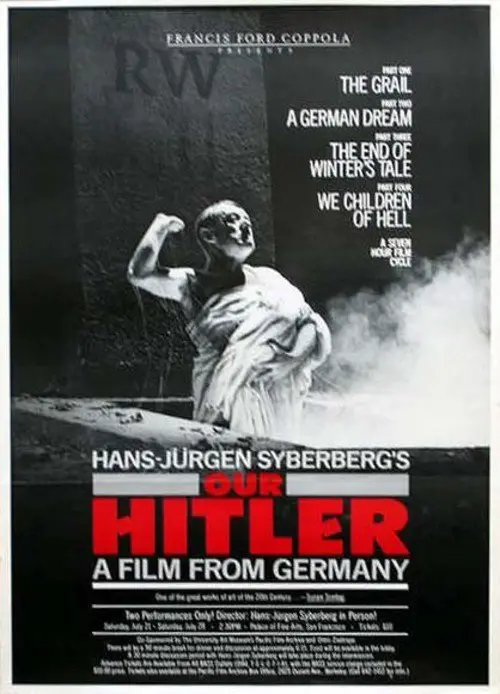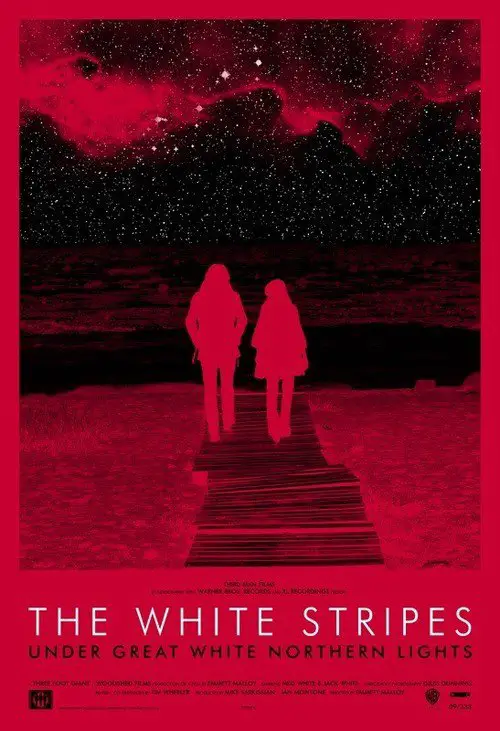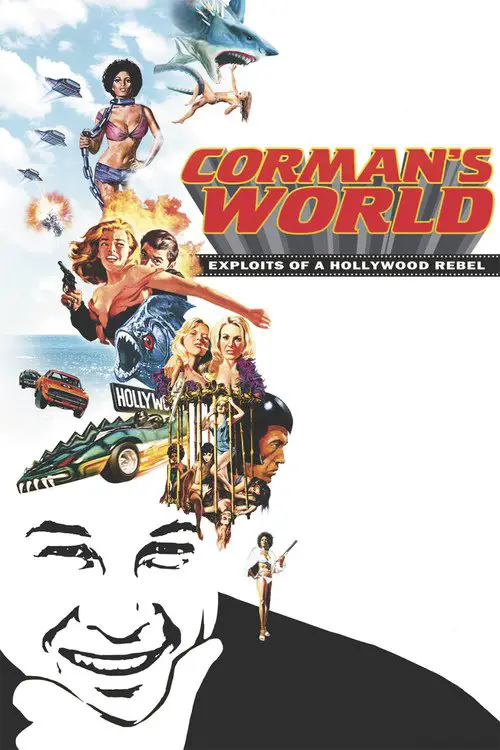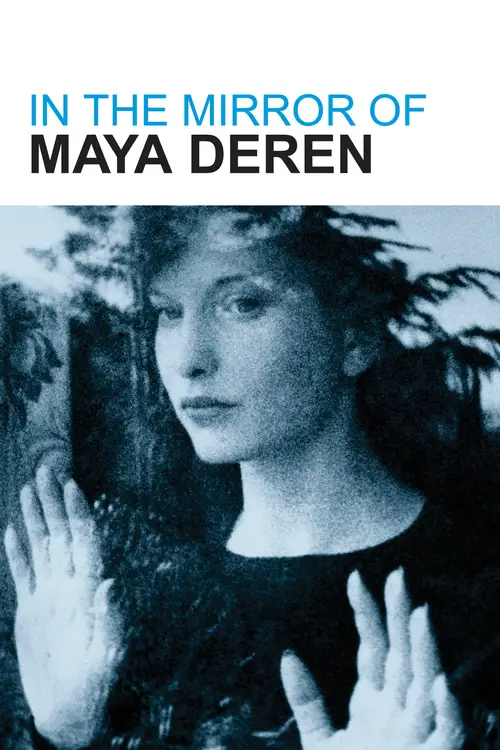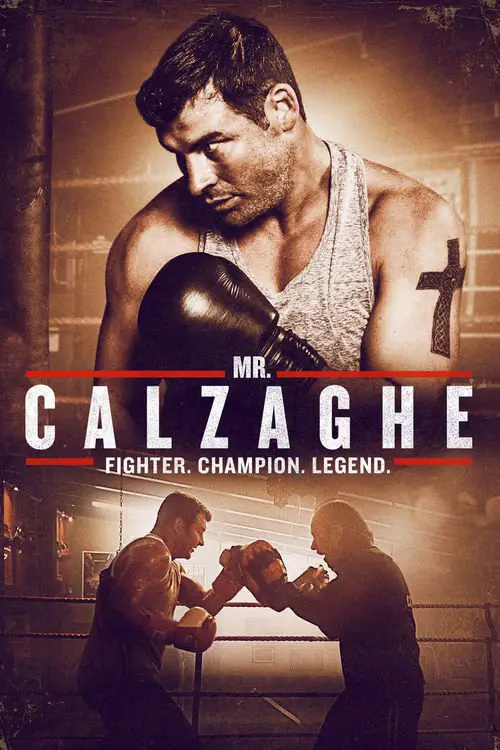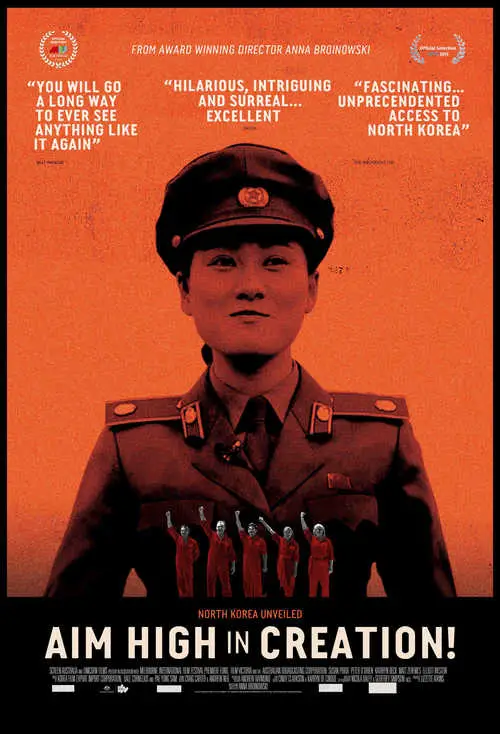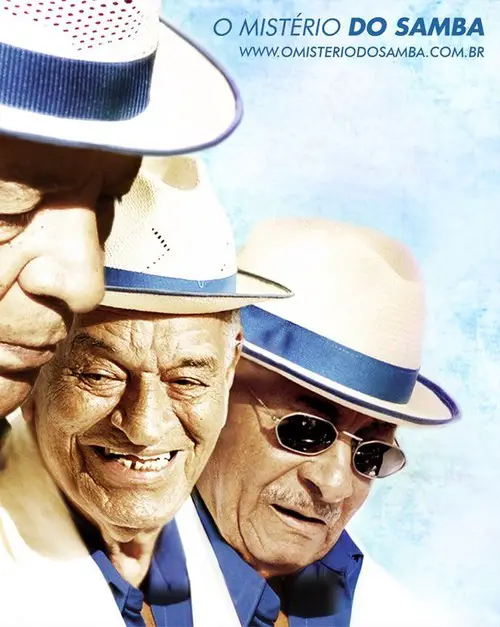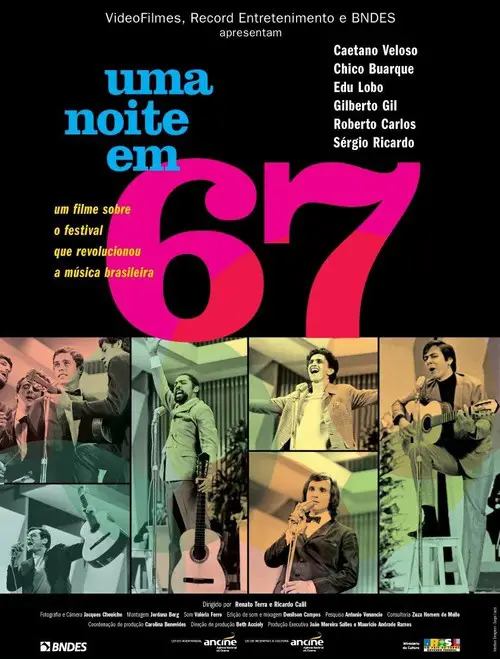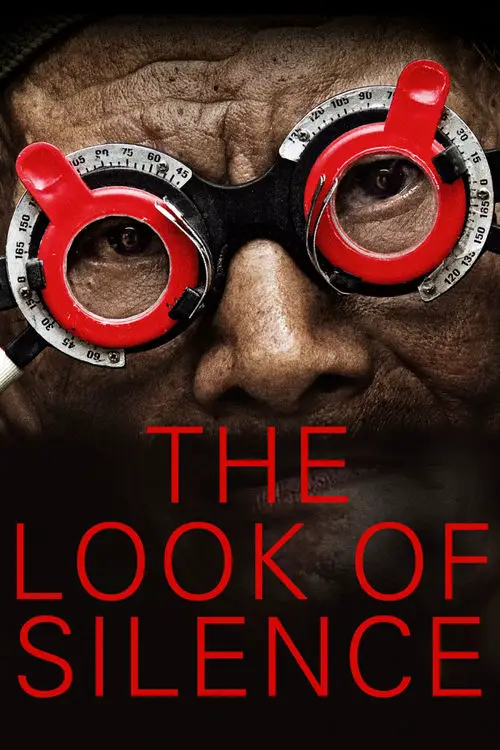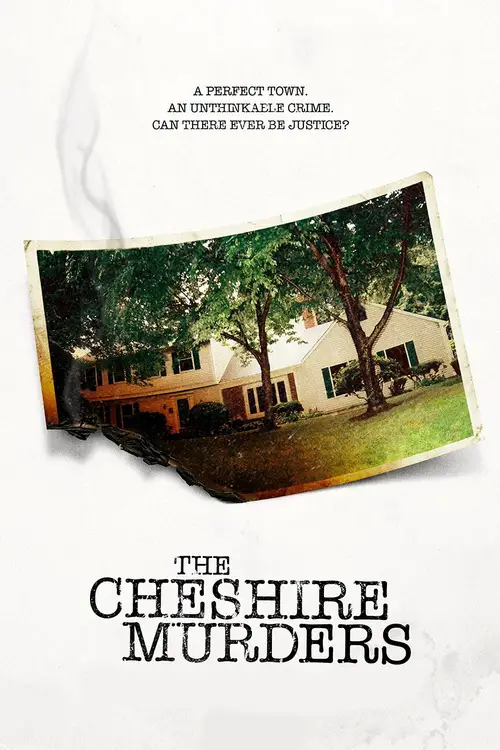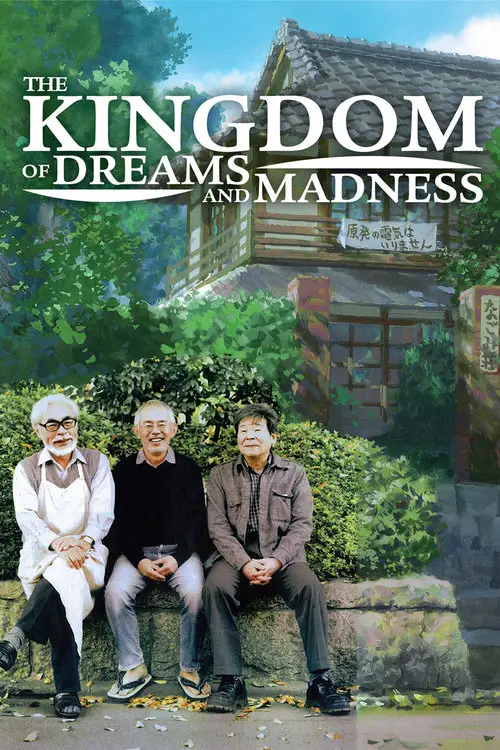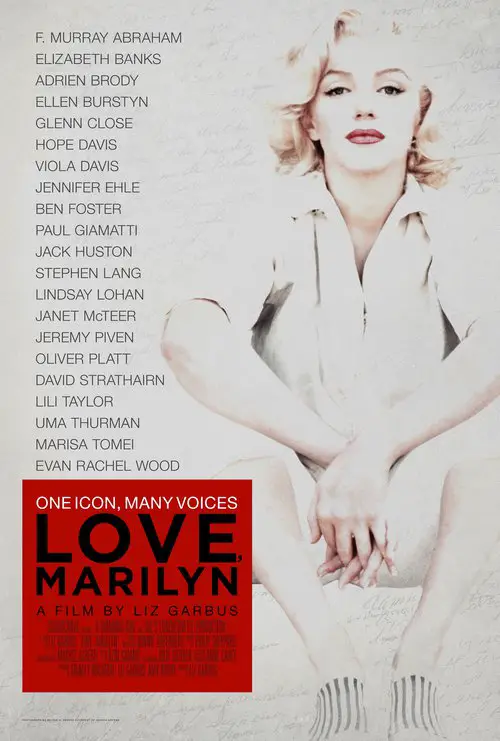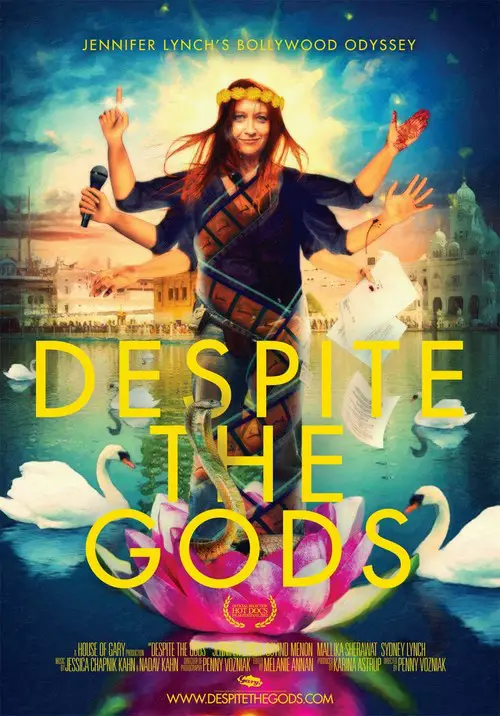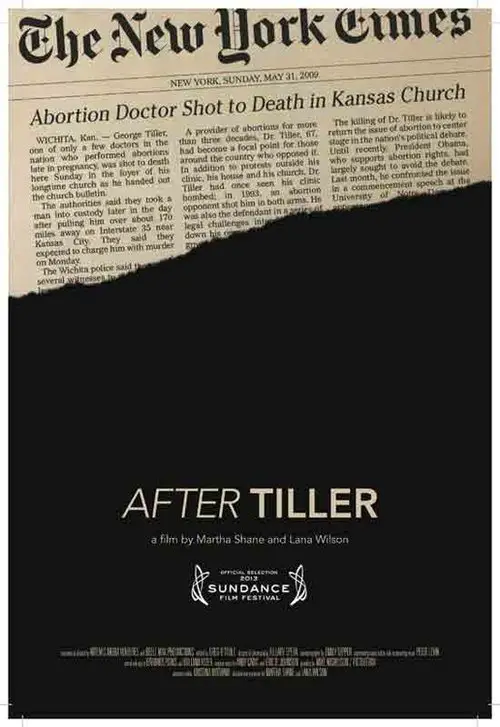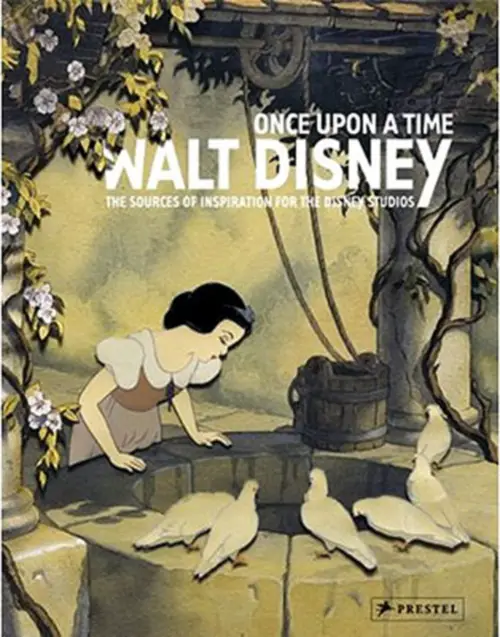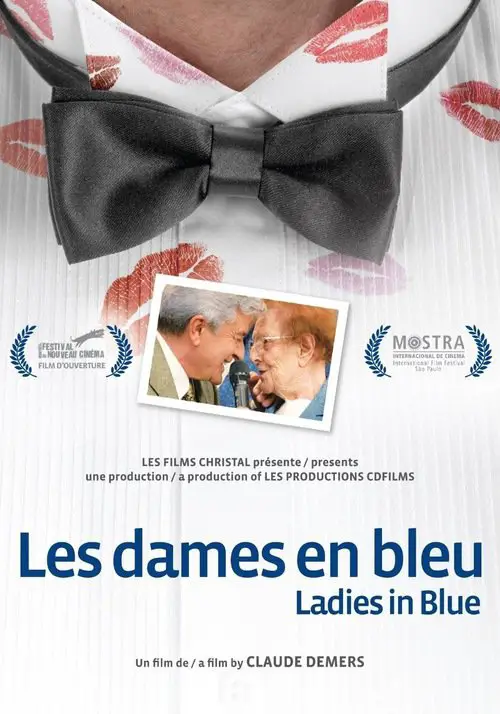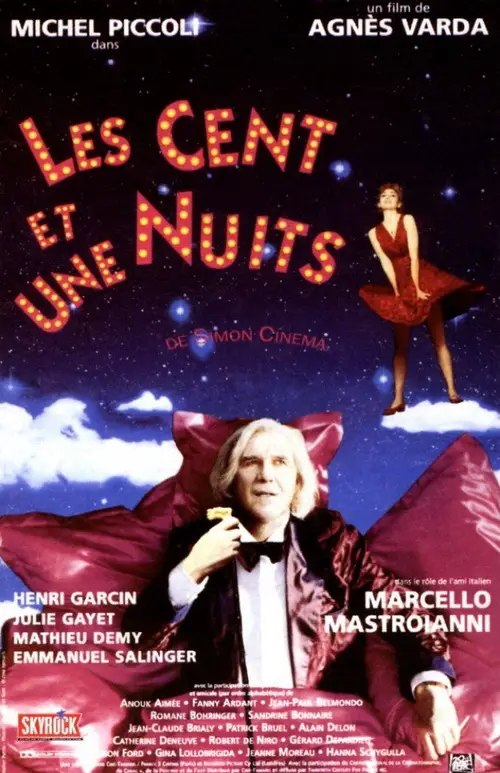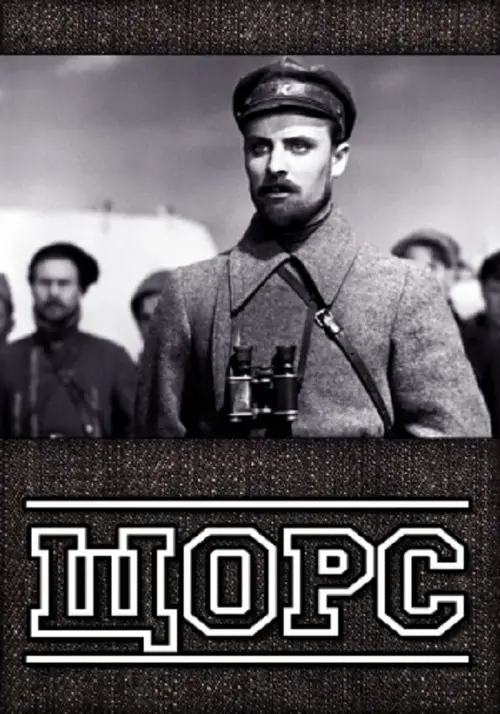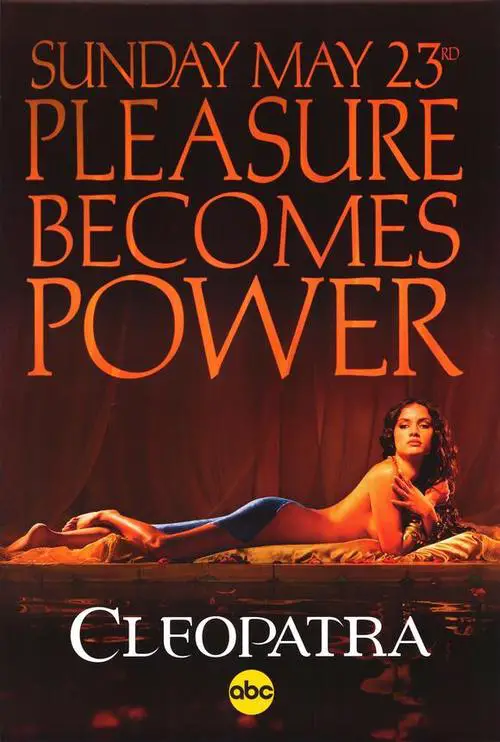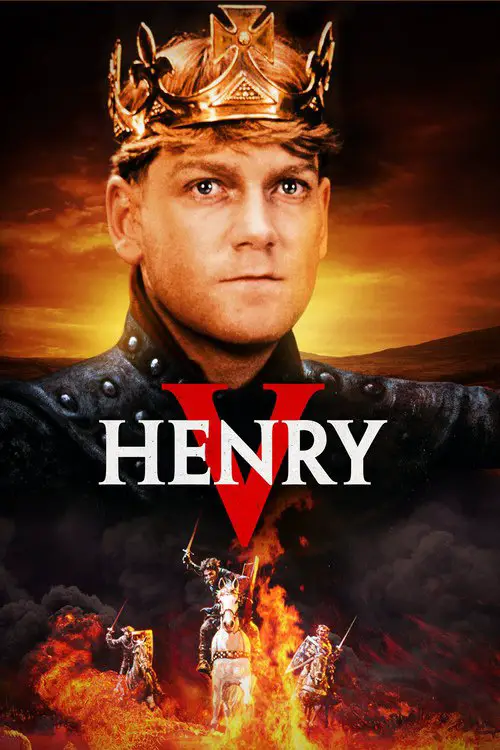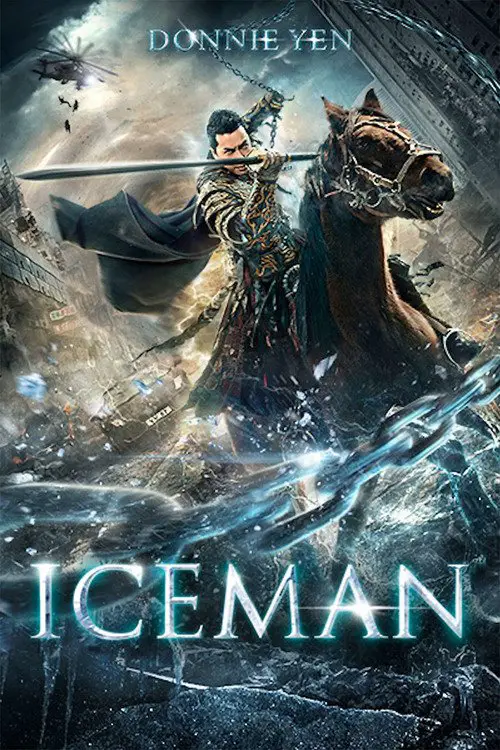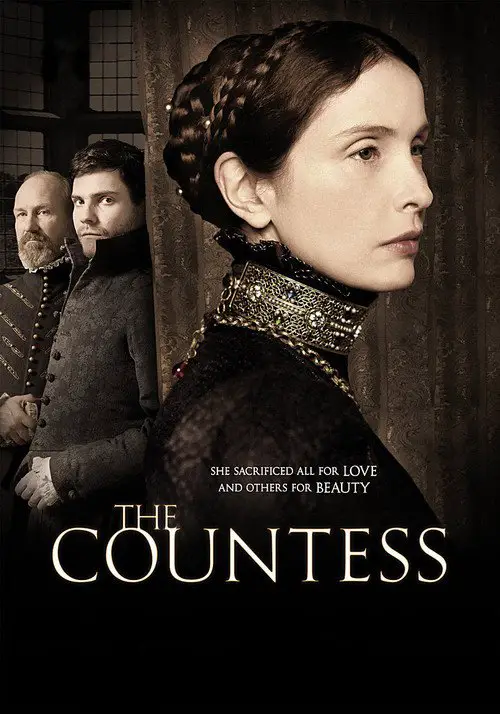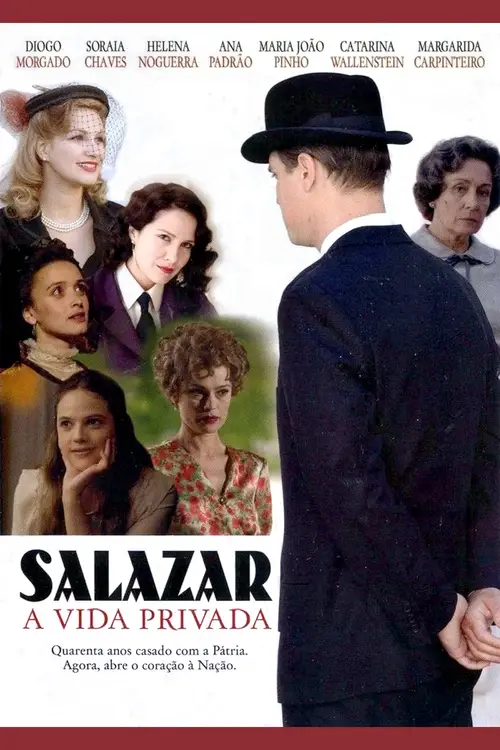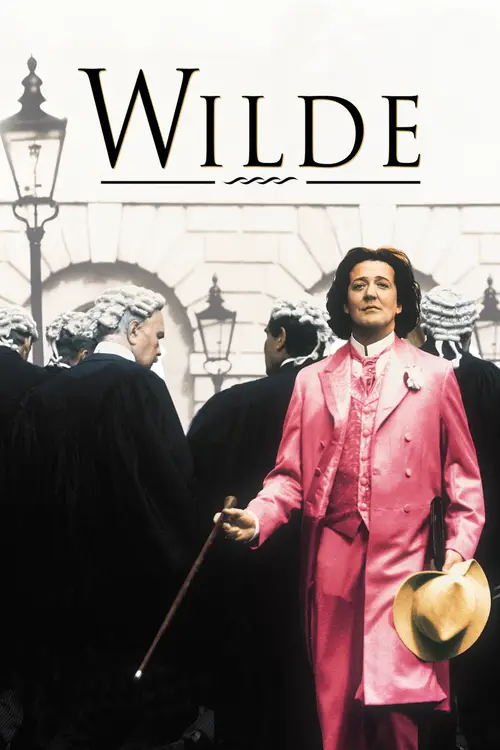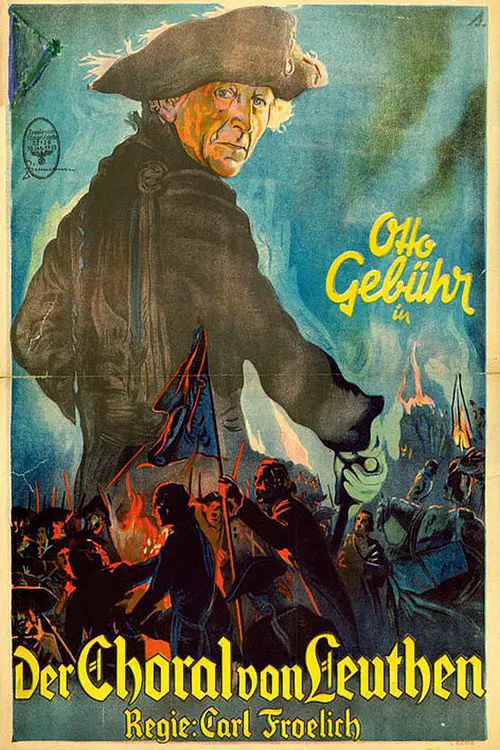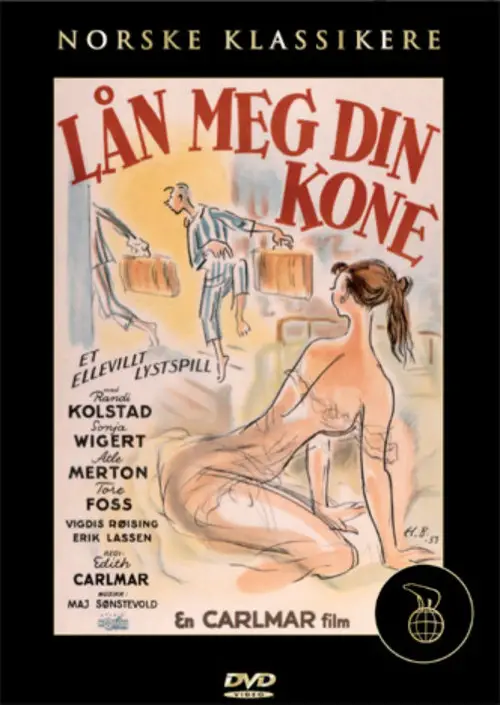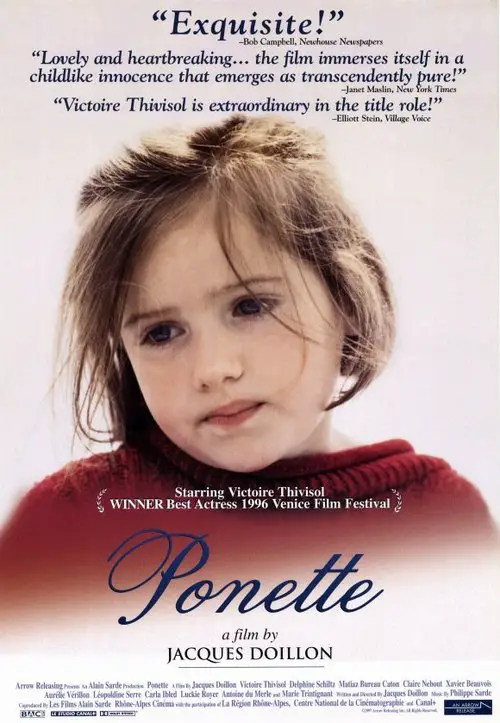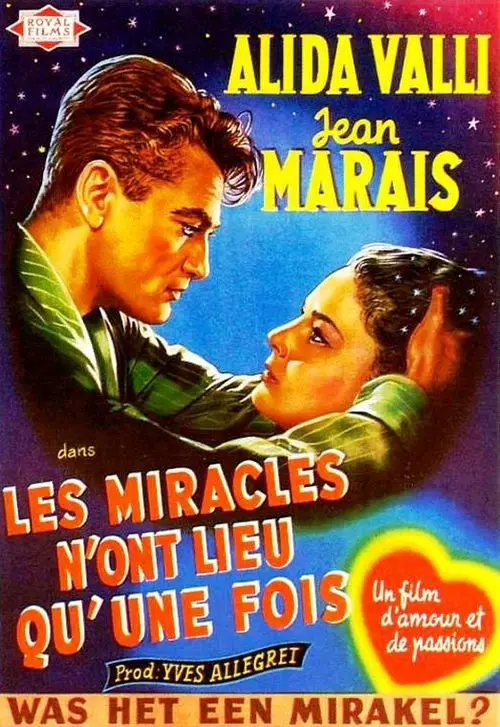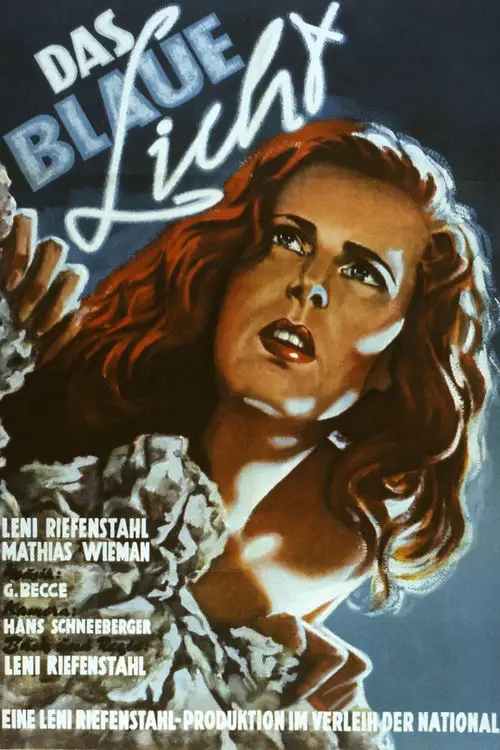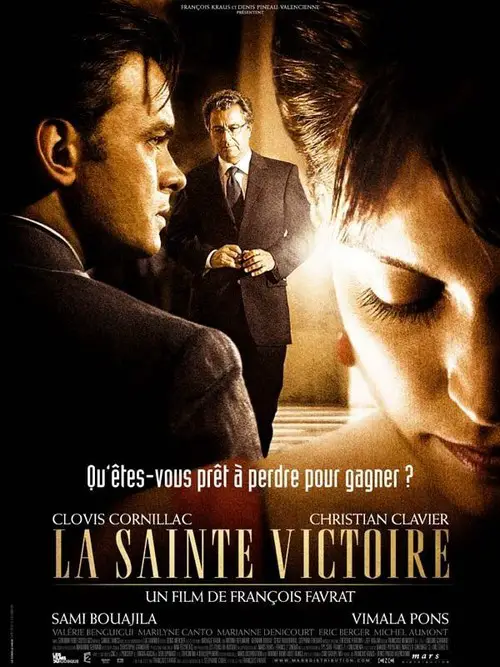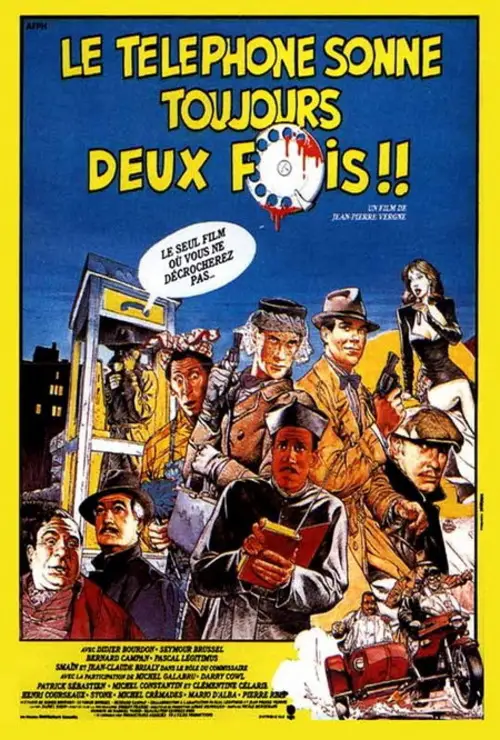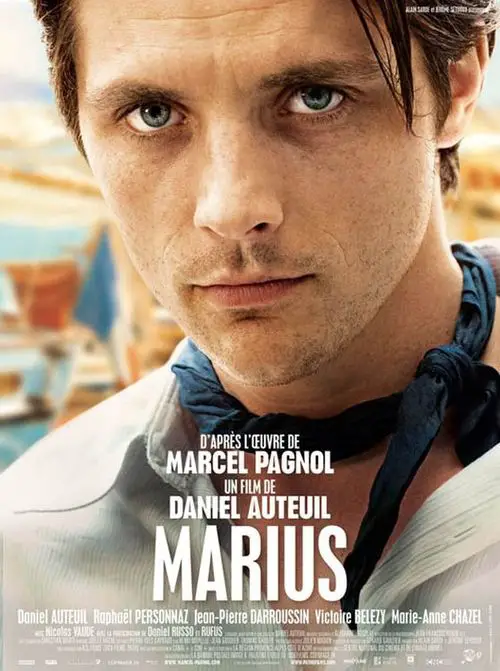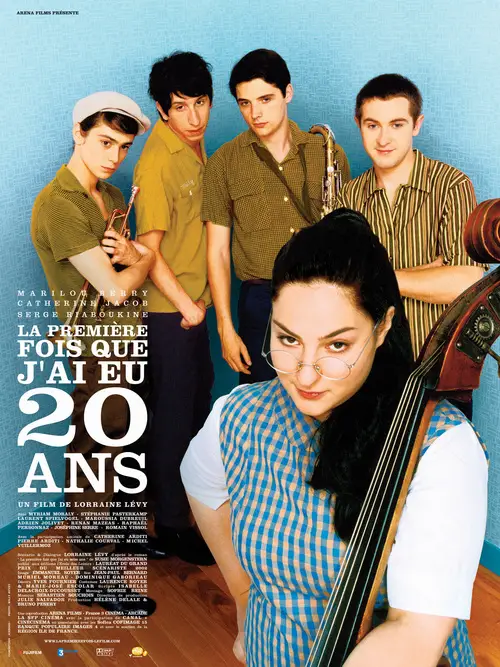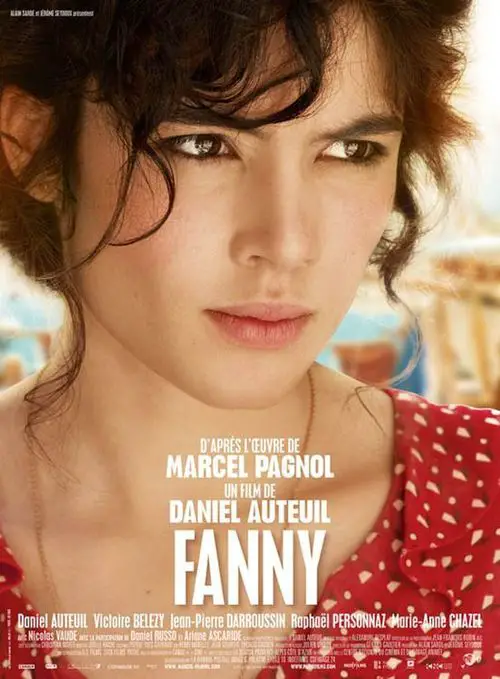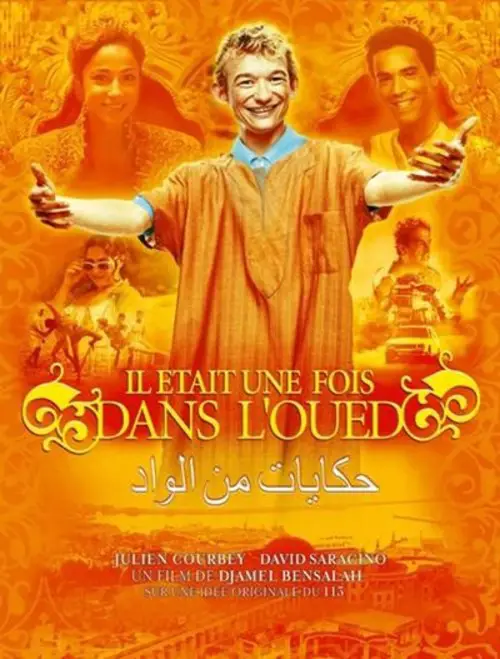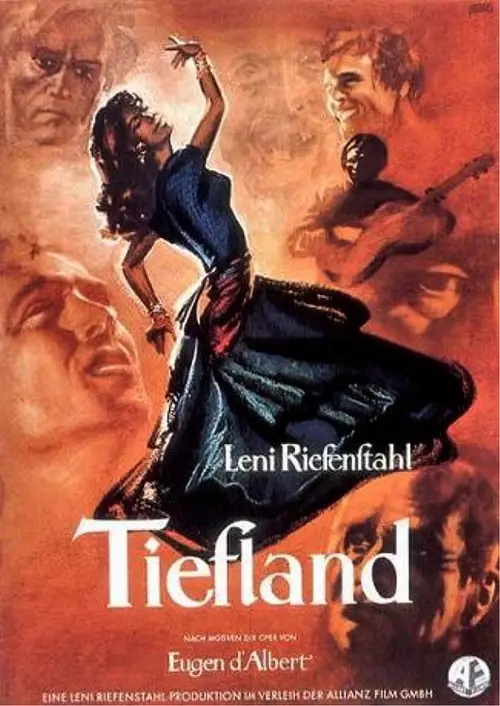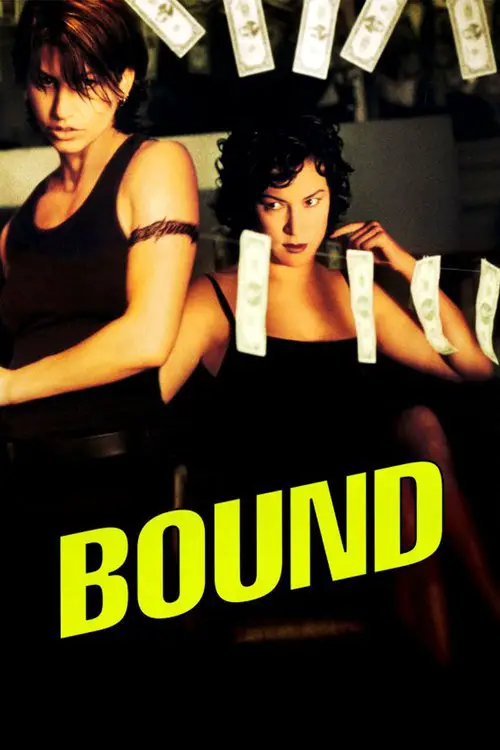Victory of the Faith (1933)
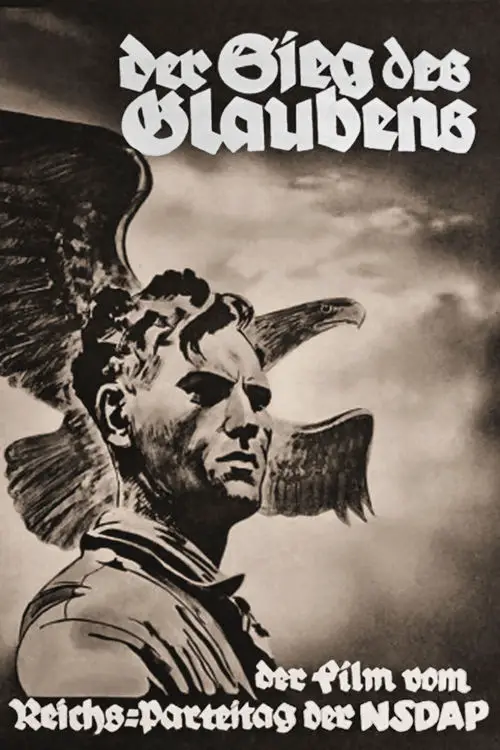
Similar movies
Filmmaking icon Agnès Varda, the award-winning director regarded by many as the grandmother of the French new wave, turns the camera on herself with this unique autobiographical documentary. Composed of film excerpts and elaborate dramatic re-creations, Varda's self-portrait recounts the highs and lows of her professional career, the many friendships that affected her life and her longtime marriage to cinematic giant Jacques Demy.
Directors Nina Kusturica and Eva Testor followed Michael Haneke for a period of two and a half years. They accompanied him to film premieres and public appearances, radio interviews and photo shoots; they observed him as he scouted locations, directed actors on the set, and made final cuts in the editing room. In between, on long train and car rides, Haneke spoke candidly about his childhood, his transition to filmmaking, and his views on cinema, discussing films that inspired him and his own work (he counts The Seventh Continent and 71 Fragments of a Chronology of Chance among his favorites). What emerges in this insightful documentary is a portrait of a dedicated filmmaker, a charming yet elusive figure in thrall to cinema and the constant perfection of his craft.
Get up close and personal with 16 of the most successful women in the adult film industry as they shed their clothes for an intimate photo shoot with director Deborah Anderson. As questions are asked, personal stories about their lives are revealed, from why they chose the business of sex to how they got into it in the first place. These porn stars have always been discreet about their private lives in the past, yet Anderson has a way of opening up a dialog allowing them to share more than just their naked skin on screen. Their true inner vulnerability is touching, yet the characters they have created are confident and intoxicating. Once you hear their stories, you'll never look at them in the same way again.
This documentary recounts the life and work of one of most famous, and yet reviled, German film directors in history, Leni Riefenstahl. The film recounts the rise of her career from a dancer, to a movie actor to the most important film director in Nazi Germany who directed such famous propaganda films as Triumph of the Will and Olympiad. The film also explores her later activities after Nazi Germany's defeat in 1945 and her disgrace for being so associated with it which includes her amazingly active life over the age of 90.
This documentary about Henri-Georges Clouzotâs unfinished 1964 psycho-thriller LâEnfer is as tantalizing as it is frustrating. Despite remaining one of the most masterful of French directors, Cluozot inexplicably seems to have lost control on the big-budget production of LâEnfer. The long-lost raw footage is intriguing and dazzling, infused with swirling lights and blue-lipped, cigarette-puffing fantasy temptresses. Although directors Serge Bromberg and Ruxandra Mederea have managed to speak to numerous members of the original crew, this behind-the-scenes investigation has so little to say about the reasons behind Clouzotâs failure to complete the film. In spite of this, the undiminished power of Clouzotâs extraordinary images makes the documentary a fascinating watch.
Deputy General Secretary at the Elysée to candidate for the presidency of the Republic, the novice in politics went from the shadows to the light in a very short time. For 200 days, our cameras followed him behind the scenes of his campaign and his exceptional ascent. For eight months we were the only ones allowed to follow the candidate Emmanuel Macron with our camera behind the scenes of this exceptional campaign. From the announcement of his candidature until his election on May 7, we propose you an exclusive documentary allowing you to live from inside the campaign of Emmanuel Macron in the manner of a political thriller.
Kon Ichikawa documents the 1964 Summer Olympics in Tokyo. Like Leni Riefenstahl's Olympia, which documented the 1936 Summer Olympics in Berlin, Ichikawa's film was considered a milestone in documentary filmmaking. However, Tokyo Olympiad keeps its focus more on the atmosphere of the games and the human side of the athletes instead of concentrating only on the winners and the results.
Documentary film that examines the rise and fall of the Third Reich, incorporating puppetry, rear-screen projection, and a Wagnerian score into a singular epic vision. The director, who grew up under Nazi tyranny, ruminates on good and evil and the rest of humanity's complicity in the horrors of the holocaust.
In 2007 the legendary American duo White Stripes toured Canada. Besides playing the usual venues they challenged themselves and played in buses, cafés and for Indian tribal elders. Music video director Emmett Malloy followed the band and managed to capture both the special tour, extraordinary concert versions of the band's minimalist, raw, blues-inspired rock songs and the special relationship between the extroverted Jack White and the introspective Meg White - a formerly married couple who for a long time claimed to be siblings. The film makes striking use of the band's concert colors: red, white and black.
A revolutionary film about the cinematic genius of North Korea's late Dear Leader Kim Jung-IL, with a groundbreaking experiment at its heart - a propaganda film, made according to the rules of his 1987 manifesto. Through the shared love of cinema, AIM HIGH IN CREATION! forges an astonishing new bond between the hidden filmmakers of North Korea and their Free World collaborators. Revealing an unexpected truth about the most isolated nation on earth: filmmakers, no matter where they live, are family.
Divinidylle Tour is the third live album by singer Vanessa Paradis. The album was recorded during her Divinidylle Tour and was also released with a DVD which documented the tour and Paradis' promotion of the album. The DVD won a Victoires de la Musique award for Best DVD Musical of the year. From Wikipedia, the free encyclopedia
âUma Noite em 67â³ mostra os bastidores do 3º Festival de Música Popular Brasileira da TV Record. Dentre entrevistas da época e atuais, com Edu Lobo, Sérgio Cabral, Chico Buarque, Gilberto Gil, Nelson Motta, Roberto Carlos, Caetano Veloso, Sérgio Ricardo, dentre outros, momentos especialÃssimos da apresentação dos 5 vencedores na Ãntegra. Emocionante ver a apresentação de Roberto (cantando samba, veja só), Caetano (que levou pela primeira vez guitarras ao palco, fato polêmico que causou até passeata de protesto), Chico e MPB4, Gil e os Mutantes (Domingo no Parque é uma música sensacional), e Edu Lobo e MarÃlia Medalha, respectivamento do quinto até o primeiro lugar da música de Edu, Ponteio. Essa noite de 67 foi certamente memorável!
In the early-morning hours of July 23, 2007, in Cheshire, Conn., ex-convicts Steven Hayes and Joshua Komisarjevsky broke into the family home of Dr. William Petit, his wife, Jennifer Hawke-Petit, and their daughters, Michaela, 11, and Hayley, 17. Dr. Petit was beaten and tied to a pole in the basement. The three women were bound in their bedrooms while the men ransacked the house. The brutal ordeal continued throughout the morning, ending with rape, arson and a horrific triple homicide.
Since the assassination of Dr. George Tiller in Kansas in 2009, only four doctors in the United States continue to perform third-trimester abortions. These physicians, all colleagues of Dr. Tiller, sacrifice their safety and personal lives in the name of their fierce, unwavering conviction to help women.
Amanda (Marlee Maitlin) is a divorced woman who makes a living as a photographer. During the Fall of the year Amanda begins to see the world in new and different ways when she begins to question her role in life, her relationships with her career and men and what it all means. As the layers to her everyday experiences fall away insertions in the story with scientists, and philosophers and religious leaders impart information directly to an off-screen interviewer about academic issues, and Amanda begins to understand the basis to the quantum world beneath. During her epiphany as she considers the Great Questions raised by the host of inserted thinkers, Amanda slowly comprehends the various inspirations and begins to see the world in a new way.
Monsieur Cinema, a hundred years old, lives alone in a large villa. His memories fade away, so he engages a young woman to tell him stories about all the movies ever made. Also a line of movie stars comes to visit him giving him back the pleasure of life - but amongst them there are also some young students only striving after his money for the realization of their film projects. The two stories - Monsieur Cinema's and the young people's life - are told in parallel until they come together in the end when the old man plays a role in the film made by the students.
The year is 1919. German troops retreat from Ukraine. The Directory, the Ukrainian national government lead by Symon Petliura, takes control of Kyiv. Meanwhile, the Bolshevik division commanded by Mykola Shchors is marching on the capital. The Bolsheviks capture the cities of Vinnytsia, Zhmerynka, and others one by one, but lose Berdychiv to Petliuraâs forces. They are demoralized by the defeat. By his personal example of courage and military skill, Shchors inspires the retreating Red troops and leads them to victory over the enemy.
Cleopatra, the famed Egyptian Queen born in 69 B.C., is shown to have been brought by Roman ruler Julius Caesar at age 18. Caesar becomes sexually obsessed by the 18 year old queen, beds her, and eventually has a son by her. However, his Roman followers and his wife are not pleased by the union. In fact, as Caesar has only a daughter by his wife, he had picked Octavian as his successor. The out-of-wedlock son of Cleopatra is seen to be a threat to his future leadership. Thus Brutus and other Roman legislators plot the assassination of Caesar. Caesar's loyal general, Marc Antony, and Octavian then divide up the Roman empire. Antony takes Egypt and soon takes up the affair with Cleopatra. However, Octavian soon launches an attack on Antony and ultimately defeats and mortally wounds him. Rather than permitting herself to be humiliated by Octavian, Cleopatra sends her son away to India and she commits suicide by permitting the deadly asp to bite her.
In the Ming Dynasty, there lives four orphans, Ying, Sao, Yuanlong and Niehu. Raised in Taoyuan Village, the four are as closed as brothers. Their exceptional martial arts skills allows them to reach the highest rank within the imperial guards. After the four successfully killed the Japanese troop leader, the Emperor orders Ying to escort the Golden Wheel of Time from Sindu (now India) back to the capital, which is said to have the power of time travel and foresee into the future. Now in 2013, Squire Tang, funded by a mysterious financer, digs up three ancient icemen from the outskirt of China; they are Ying, Sao and Niehu. As he is transferring the icemen to Hong Kong for further studies, the vehicle involves in a traffic accident which, unexpectedly, defrosts Ying...
Na fase final da vida de Salazar, o estadista recorda a sua vida, as suas opções, as decisões que tomou e as que podia ter tomado. Dar a conhecer o homem por detrás de quem governou Portugal durante 40 anos foi o grande desafio: Salazar, enquanto estadista, é conhecido do grande público. O mito do estadista estóico, convictamente religioso e assexuado tem o contraponto neste filme.
The story of Oscar Wilde, genius, poet, playwright and the First Modern Man. The self-realisation of his homosexuality caused Wilde enormous torment as he juggled marriage, fatherhood and responsibility with his obsessive love for Lord Alfred Douglas, nicknamed Bosie. After legal action instigated by Bosie's father, Wilde refused to flee the country and was sentenced to to two years at hard labour
Cléo is a pop singer who wanders around Paris while she awaits her biopsy results in fear she may have cancer. As Cléo readies herself to meet with her doctor at 7 o'clock, she meets with several friends and strangers while trying to grapple with mortality. Sensing indifference from those nearest to her, she finds herself questioning the doll-like image people have of her and is overcome by a feeling of solitude and helplessness. She finally finds some comfort in the company of stranger she meets in a park and with whom she is able to have a sincere conversation.
"Let Me Borrow Your Wife". This is a light comedy from Edith Carlmar, Norways first woman director. It takes place in a company that sells baby toys. It is time to fill a leading position, and it is known the owner of the company only places married men on leading positions. This leads a young bachelor to "borrow" his best friends wife to have a chance at the position. This leads to a lot of comic misunderstandings, not the least because the owner of the company himself falls for the new young wife.
A four-year-old girl must come to terms with the loss of her mother and the reality of death in this award-winning French drama. Little Ponette (Victoire Thivisol) is riding in a car with her mother when they're involved in a serious accident; Ponette survives, but her mother does not. Her father (Xavier Beauvois) initially reacts with anger over his late wife's careless driving, while her Aunt Claire (Claire Nebout) tries to comfort the child by telling her about Jesus and the resurrection. However, none of this does much to reassure Ponette or clarify her confusion about the practical realities and spiritual dilemma posed by death. In time, Ponette and her cousins Matiaz (Matiaz Caton) and Delphine (Delphine Schiltz) are sent off to boarding school, where they have to resolve their confusion and loss on their own. ~Mark Deming, Rovi
1939 : what a beautiful year for Claudia and Jerôme. No sooner do they meet that they are under each other's spell. 1939 : what a horrible year for the two lovers : war breaks out before they can get married. They meet again after the war but the enchantment has vanished. They decide to marry but it will be for reason, not for love. Miracles only happen once.
A young woman, Junta (Riefenstahl), lives apart from her village and, for her solitude and strangeness, is considered to be a witch; when she comes to the village for one reason or another, the townsfolk chase her away. They feel that she may in some way be responsible for the deaths of several young men of the village, who have felt compelled, one by one, to climb the local mountain - and fall to their deaths - on nights when the moon is full.
A fable of emotional liberation and chocolate. A mother and daughter move to a small French town where they open a chocolate shop. The town, religious and morally strict, is against them as they represent free-thinking and indulgence. When a group of Boat Gypsies float down the river the prejudices of the Mayor leads to a crisis.
Xavier Alvarez est un petit architecte d'Aix-en-Provence en recherche perpétuelle de reconnaissance sociale. Il s'est fait tout seul et prospère, mais ne parvient pas à décrocher de gros marchés publics pour assouvir ses rêves de grandeur. Il décide donc de se lancer corps, âme et biens dans la campagne de Vincent Cluzel, le candidat outsider à la mairie, persuadé qu'il renverra l'ascenseur en cas de victoire. à force d'énergie et de ruse, il parvient à discréditer le favori et à faire élire son protégé. Mais leur amitié sincère, nouée dans la conquête du pouvoir, se heurte alors aux limites des intérêts et de l'ambition.
"Marius" takes place in Marseilles' Old Port, at the La Marine Bar, owned by César and his son Marius. Marius' biggest dream is to embark on one of the boats passing by his dad's bar and to set off to a faraway land. Fanny, a young and pretty seafood peddler, has secretly been in love with Marius since her childhood; Marius, never admitting it, has always loved Fanny. One day, a sailor drops by La Marine and offers him a job on an exploratory ship. Trying to hold him off and to make him jealous, Fanny confesses his love to him and provokes a fight between Marius and one of César's old friends, Panisse, a boat merchant, who despite his old age, has been courting Fanny for a while. Torn between the call of the sea and his love for her, Marius abandons his dream to be with Fanny who gives herself to him. As César and Honorine, Fanny's mother, are getting ready for the wedding, Marius changes his mind, drawn back to the call of the sea.
"Fanny" is the second part of the "Marseille trilogy", made by Marcel Pagnol with the generic name of "Marius, Fanny and César". Fanny falls in love and is abandoned by Marius. Now she discovers she is pregnant. Her mother and Marius's father, César, persuade her to accept the romantic advances of a much older man. To save face, Fanny accepts to marry Honoré Panisse, a rich merchant of the Vieux Port, 30 years her senior who will recognize her son.
© Valossa 2015–2026
| Privacy Policy

